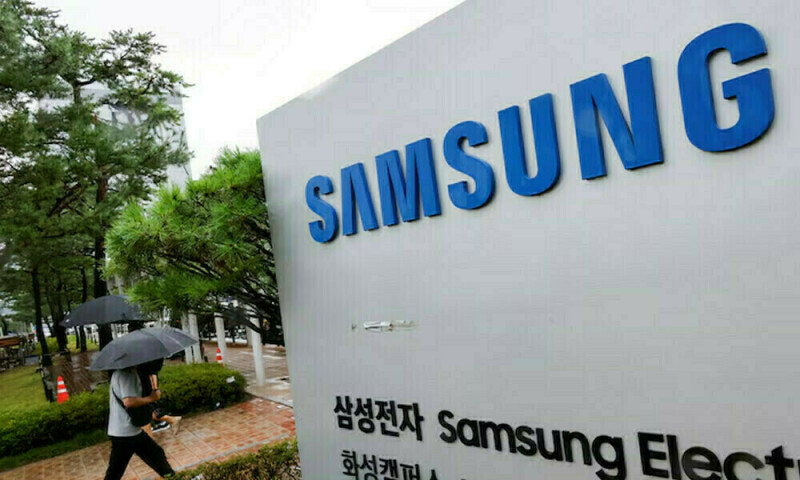By Reuters
SEOUL: Samsung Electronics is expected to forecast a 39% plunge in second-quarter operating profit on Tuesday, weighed down by delays in supplying advanced memory chips to artificial intelligence chip leader Nvidia.
The world’s biggest maker of memory chips is projected to report an April-June operating profit of 6.3 trillion won ($4.62 billion), its lowest income in six quarters, according to LSEG SmartEStimate.
The prolonged weakness in its financial performance has deepened investor concerns over the South Korean tech giant’s ability to catch up with smaller rivals in developing high-bandwidth memory (HBM) chips used in artificial intelligence data centres.
Its key rivals, SK Hynix and Micron, have benefited from robust demand for memory chips needed for AI, but Samsung’s gains have been subdued as it relies on the China market, where sales of advanced chips have been restricted by the US Its efforts to get the latest version of its HBM chips to Nvidia certified by Nvidia are also moving slowly, analysts said.
“HBM revenue likely remained flat in the second quarter, as China sales restrictions persist and Samsung has yet to begin supplying its HBM3E 12-high chips to Nvidia,” said Ryu Young-ho, a senior analyst at NH Investment & Securities.
He said Samsung’s shipments of the new chip to Nvidia are unlikely to be significant this year.
Samsung, which expected in March that meaningful progress over its HBM chip could come as early as June, declined to comment on whether its HBM 3E 12-layer chips had passed Nvidia’s qualification process.
The company, however, has started supplying the chip to AMD, the US firm said in June. Samsung’s smartphone sales are likely to remain solid, helped by demand for stock ahead of potential US tariffs on imported smartphones, analysts said.
Many of its key businesses including chips, smartphones and home appliances continue to face business uncertainty from various US trade policies including President Donald Trump’s proposal for a 25% tariff on non-US-made-smartphones and the July 9 deadline for “reciprocal” tariffs against many of its trading partners.
The US is also considering revoking authorisations granted to global chipmakers including Samsung, making it more difficult for them to receive US technology at their plants in China.
Shares in Samsung, the worst performing stock among major memory chipmakers this year, have climbed about 19% this year, underperforming a 27.3% rise in the benchmark KOSPI.
As of 0447 GMT on Monday, Samsung Electronics shares were trading down 1.9% against a 0.3% rise in the KOSPI.
